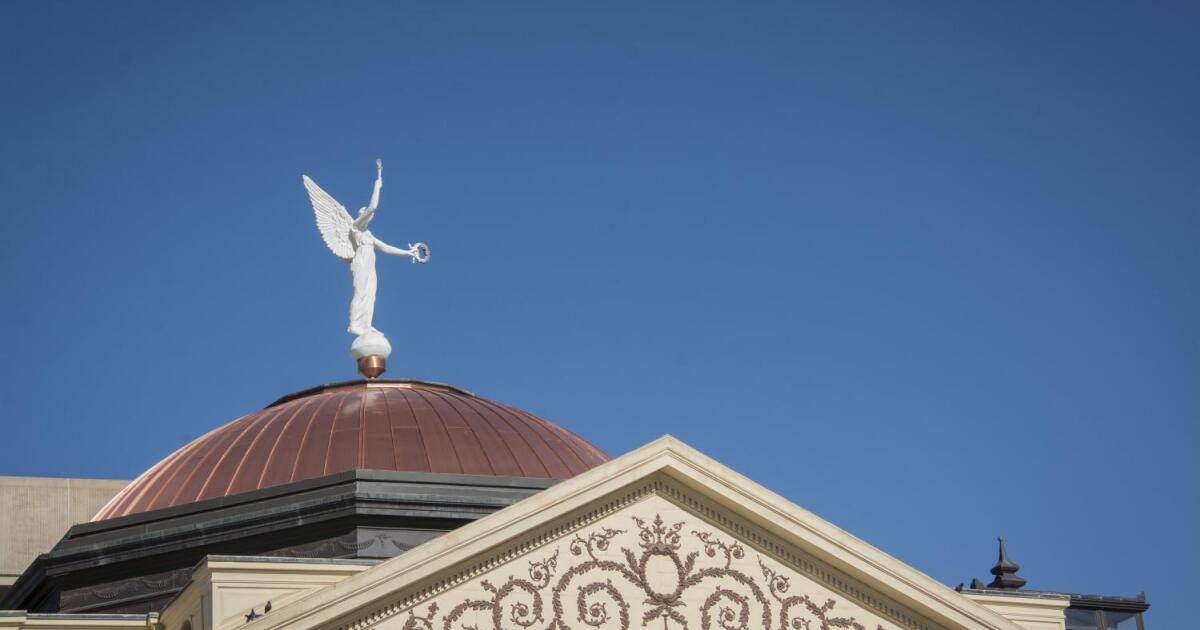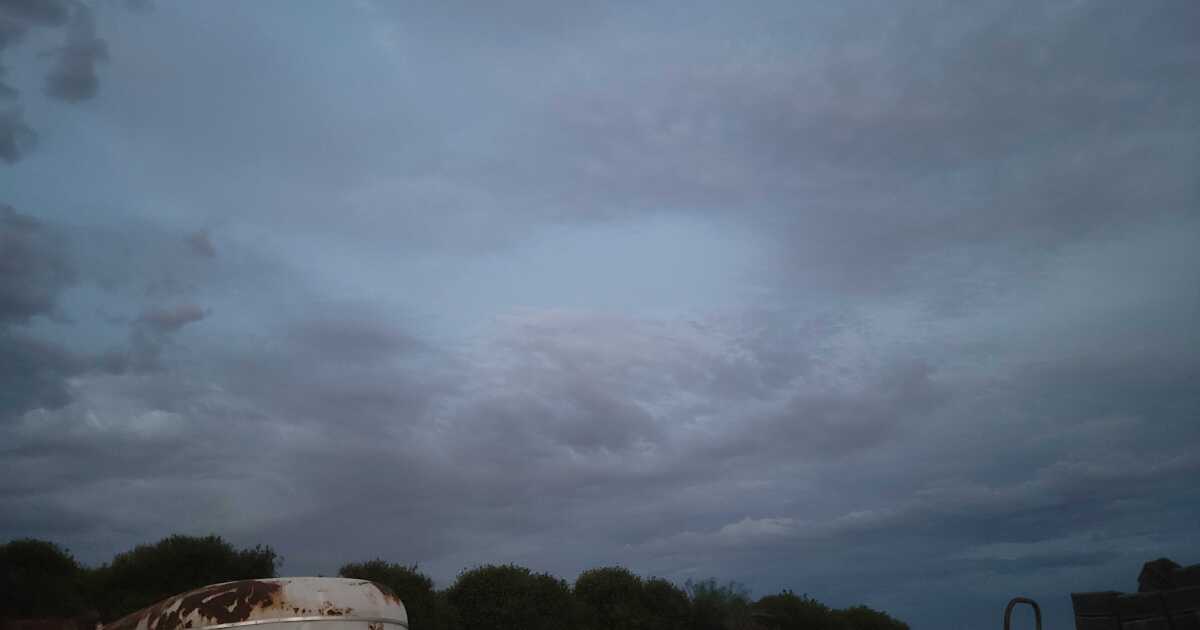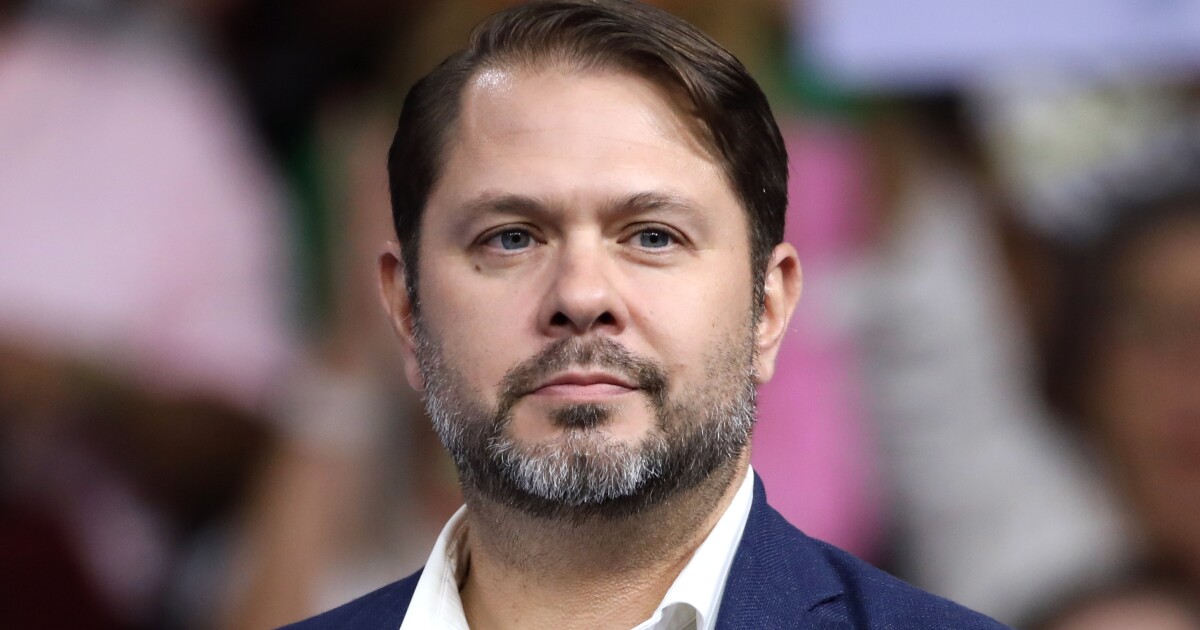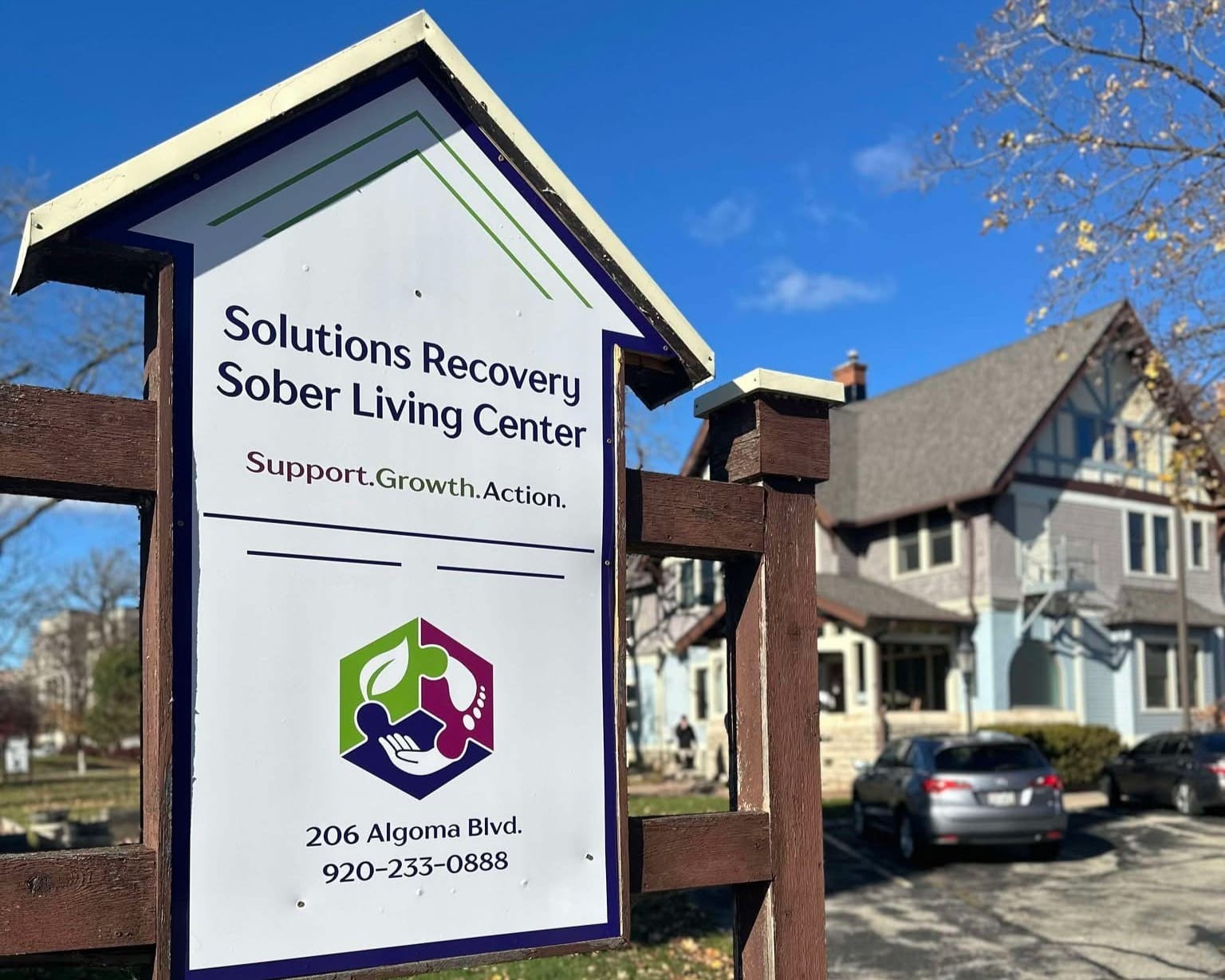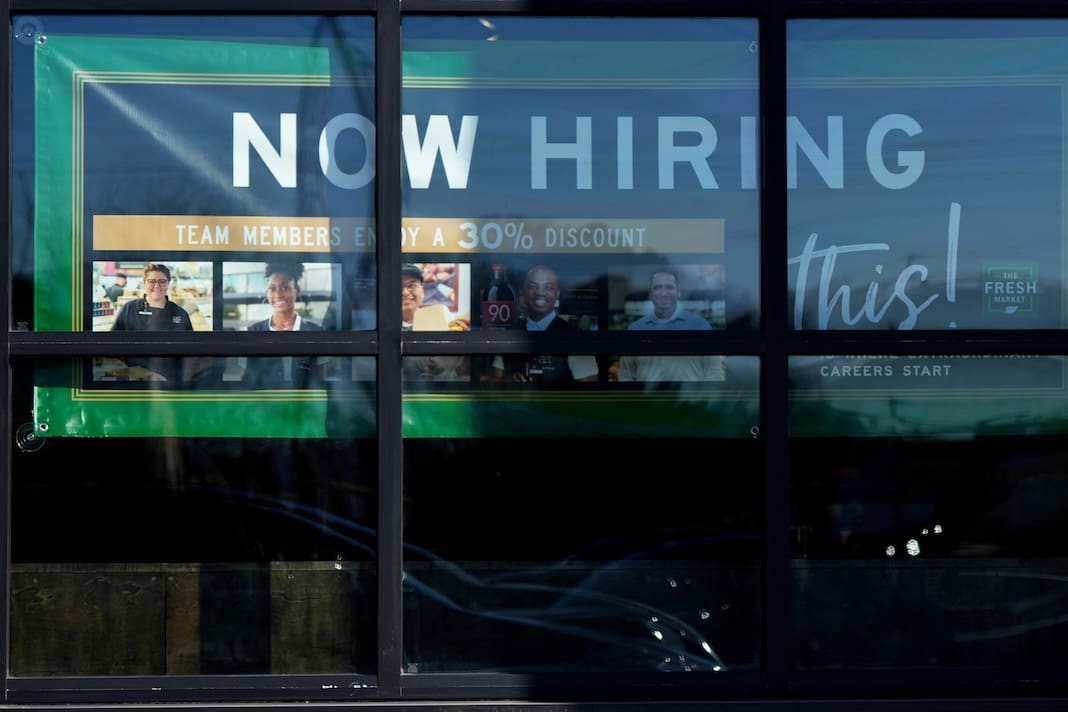A bipartisan bill, the Fix Our Forests Act, is advancing through Congress, having passed a Senate committee. Introduced in April, this legislation is co-sponsored by Sen. Tim Sheehy and senators from California, Utah, and Colorado. It aims to enhance forest management by promoting prescribed burns, expanding the state-federal Good Neighbor Authority program, and improving reforestation efforts post-fires. The bill also proposes rule changes affecting high fire danger areas.
“Better stewardship of our forests is not a partisan issue; it’s an imperative to securing a stronger economy, healthier forests, and safer communities,” Sheehy stated. The governors of four states, including Montana’s Gov. Greg Gianforte, have expressed support in a signed letter. While the bill has passed the U.S. House, it doesn’t include new funding.
Environmental groups like the Theodore Roosevelt Conservation Partnership back the legislation, calling it a “comprehensive” approach to forest health. The Nature Conservancy and National Audubon Society also support it. However, concerns persist about its impact on forest project processes, especially in “emergency fireshed management” areas, a Biden-era designation that limits project alternatives to “action” or “no action” and shortens review periods.
Forestry projects in these designated areas are generally small, but the bill could extend this to projects up to 10,000 acres. Despite interest in prescribed burns and forest health projects, action remains limited. Riva Duncan, VP of Grassroots Wildland Firefighters, highlighted a 38% reduction in hazardous fuels work in 2025 compared to previous years, blaming federal cuts and Department of Government Efficiency actions.
Prescribed burns help reduce fire intensity by removing fuel, but land management policies have historically favored suppression. U.S. Forest Service Chief Tom Schultz noted that lack of logging is contributing to forest troubles. While suppression remains a primary focus, Duncan argues logging alone isn’t a comprehensive solution.
Grassroots Wildland Firefighters submitted comments on the bill, emphasizing the need for more fuel work. Duncan stated, “Fire is non-partisan… we need a comprehensive solution with everybody at the table who has a stake.”
—
Read More Montana News


